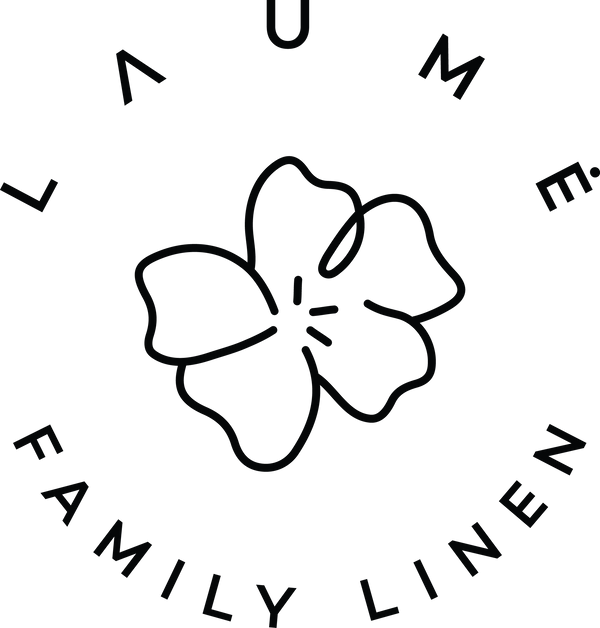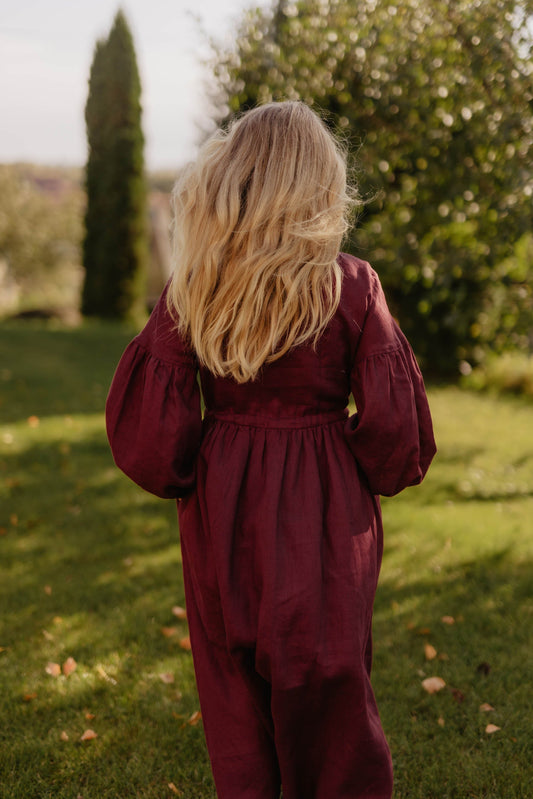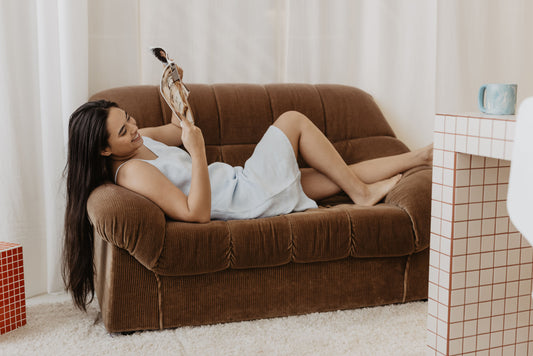
Are You Wearing Your Ethics? Unveiling the Truth Behind Your Clothes
Share
Ethical Fashion: Embracing Sustainability and Responsibility in the World of Style
In today's consumer-driven society, fashion has become an integral part of our lives, shaping our identities and influencing our self-expression. However, the rapid growth of the fashion industry has come at a significant cost to both the environment and the well-being of workers. The ethical implications of textile production have drawn increasing attention, prompting a growing movement towards ethical fashion.

The Ethical Footprint of Textile Production
The textile industry is a significant contributor to environmental degradation and social injustice. Conventional textile production practices often involve excessive water consumption, chemical pollution, and harmful labor practices. The use of synthetic fibers like polyester and nylon has raised concerns about microplastic pollution, while the intensive farming of cotton has led to water scarcity and pesticide overuse.
Linen: A Sustainable and Ethical Choice
Amidst the concerns surrounding conventional textiles, linen emerges as a beacon of sustainability and ethicality. Linen, a natural fiber derived from flax plants, boasts several advantages over other textile choices. Its production requires minimal water usage, unlike cotton, and produces significantly fewer greenhouse gas emissions. Additionally, linen is biodegradable, reducing its environmental impact over time. We've got a great article going through this topic here if you'd like to learn more.
From Field to Fabric: Ethical Linen Production
The ethical production of linen begins with sustainable farming practices. Flax cultivation utilizes less water and fewer pesticides than cotton, minimizing the environmental impact. Additionally, many linen producers adopt organic farming methods, further reducing the use of synthetic chemicals.
The processing of flax into linen fabric also prioritizes ethical considerations. Traditional linen production methods, such as retting and scutching, involve natural processes that do not harm the environment or workers. Water consumption is minimized, and workers are often paid fair wages and provided with safe working conditions.

The Role of Consumers in Promoting Ethical Fashion
Consumers hold immense power in shaping the fashion industry, and their informed choices can drive a shift towards ethical practices. By becoming more conscious consumers, we can demand ethical production from brands and influence the trajectory of the fashion industry.
Tips for Identifying Ethically Produced Clothing
Several factors can help you identify ethically produced clothing:- Transparency: Look for brands that provide clear and detailed information about their supply chains, including the sourcing of materials and working conditions.
- Certifications: Look for certifications like OEKO-TEX, GOTS (Global Organic Textile Standard) and Fairtrade, which attest to the ethical sourcing and production of textiles.
- Brand Reputation: Research and learn about the brand's commitment to ethical practices. Read reviews, visit their website, and engage with their social media presence.
Addressing the Challenges of Ethical Fashion
Despite its growing popularity, ethical fashion faces several challenges, including:- Availability: Ethically produced clothing often comes at a higher price point, making it less accessible to a wider audience.
- Misconceptions: Some consumers may perceive ethical fashion as being less fashionable or stylish.
- Supply Chain Complexity: Ethically sourcing and producing textiles can be complex due to the intricate supply chains involved.
Brands Leading the Way in Ethical Linen Fashion
Several brands are making significant strides in producing ethically made linen clothing. These brands are committed to sustainable practices, fair labor conditions, and transparent supply chains. Here are a few examples:
- Laumė linen: A Lithuanian brand that crafts high-quality linen garments using traditional techniques and sustainable practices.
- LinenMe: A Swedish brand that offers a wide range of linen clothing, from basics to statement pieces, all produced ethically and responsibly.
- Hush Linen: An Australian brand that specializes in ethically sourced and produced linen bedding, bath linens, and clothing.
The Future of Ethical Fashion
As consumers become more aware of the ethical implications of their clothing choices, the demand for sustainable and ethical fashion is expected to continue to grow. This shift is driving innovation and inspiring brands to adopt more responsible practices.
The future of ethical fashion is bright. With increasing demand, brands are investing in sustainable materials, transparent supply chains, and fair labor practices. As consumers embrace ethical choices, we can collectively shape a fashion industry that is both stylish and sustainable.

Embracing Ethical Fashion for a Sustainable Future
By embracing ethical fashion, we can not only reduce our environmental footprint but also ensure that the fashion industry operates in a manner that respects workers' rights and upholds fair labor practices. Together, we can transform the fashion industry into a force for good, shaping a future where style and sustainability go hand in hand.
In conclusion, ethical fashion is not just a trend; it's a movement towards a more responsible and sustainable future. By making informed choices, we can empower brands to adopt ethical practices and contribute to a fashion industry that is both stylish and responsible. At laumė linen we stand by these words and implore other brands to do the same.



